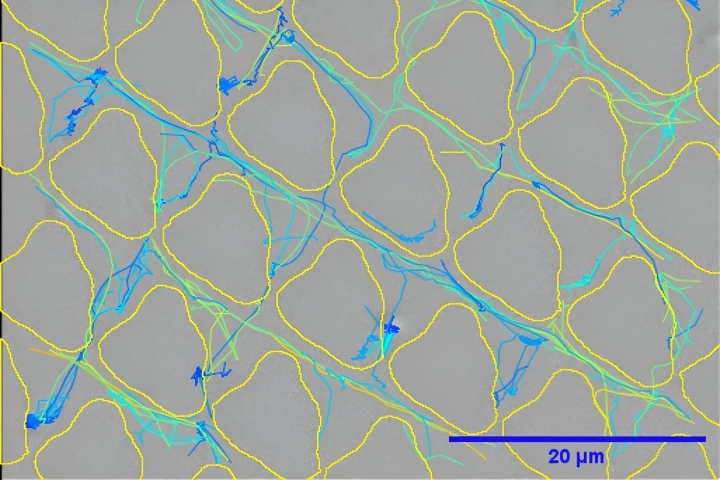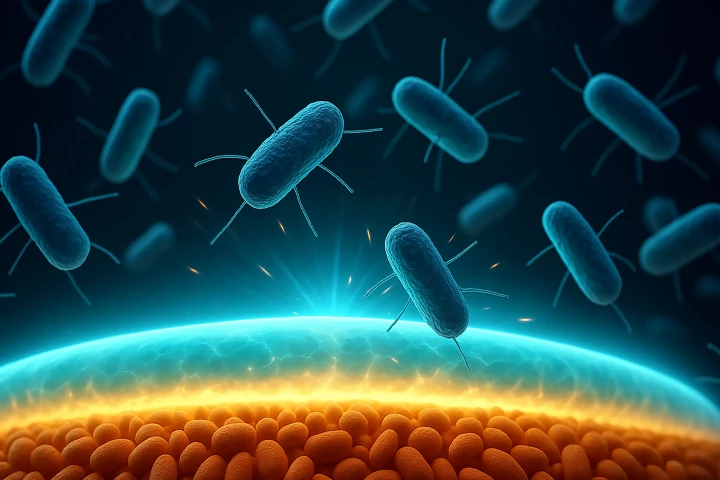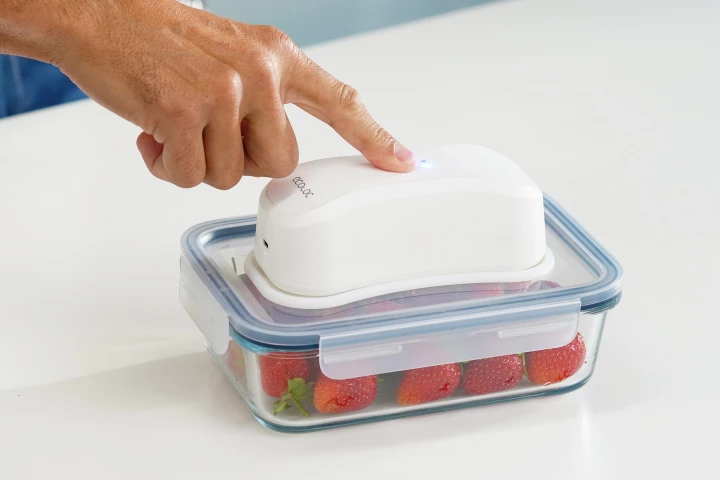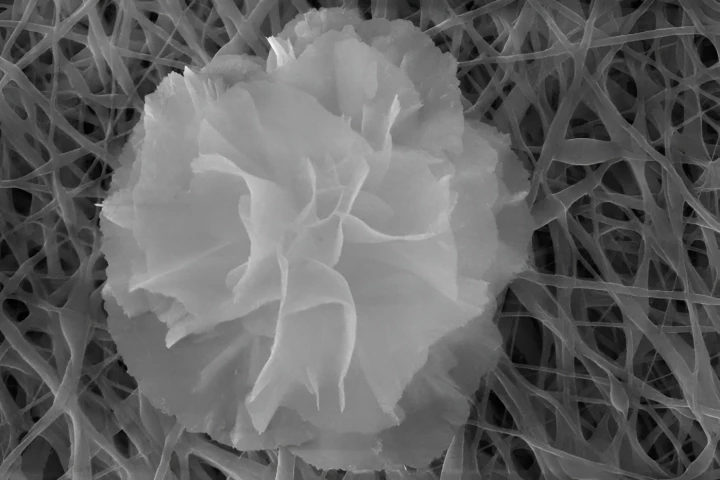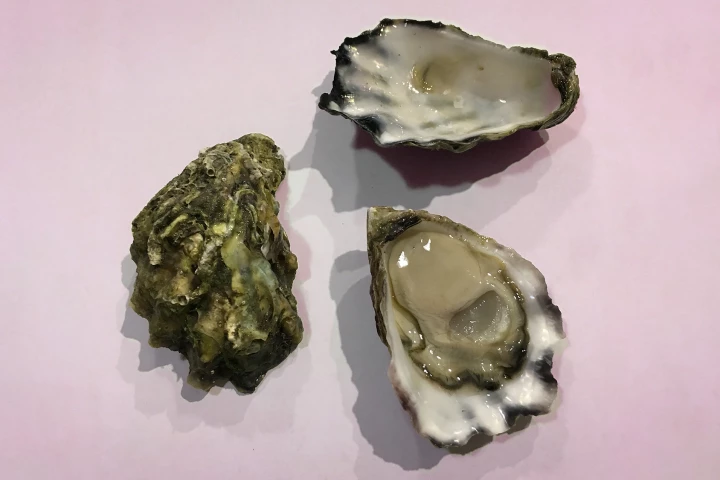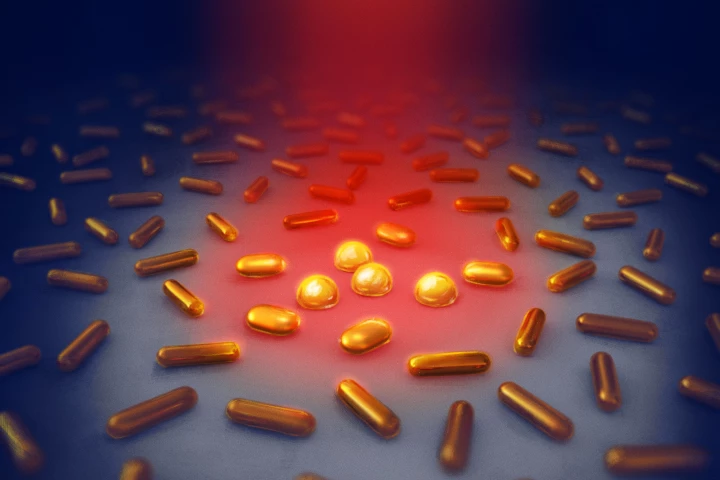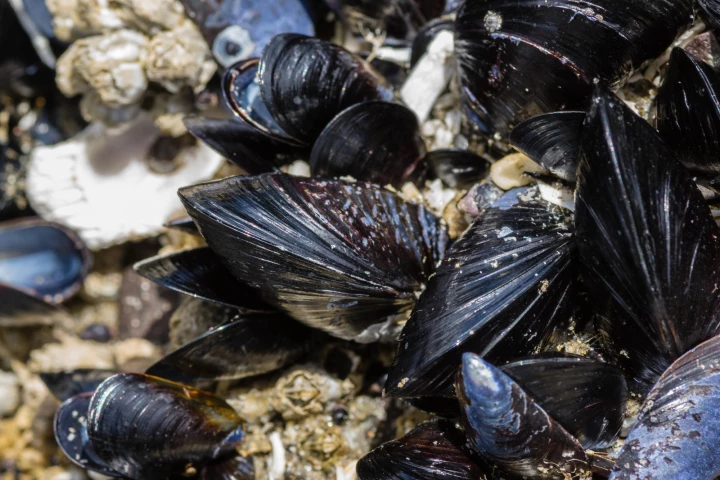Antibacterial
-
Many persistent sinus infections involve biofilms – colonies of bacteria that group together to resist efforts to kill them. Now, researchers have developed biofilm-blasting bots that could handily deal with these, and other, bacterial infections.
-
We've seen surfaces that kill microbes on contact, but scientists in the UK have recently gone a potentially more effective route. They've created maze-like surface patterns that keep bacteria from sticking around to establish biofilm colonies.
-
Researchers have developed a new method for preventing bacteria from adhering to surfaces, such as medical devices. It relies on the unique properties of resilin, a natural insect protein that enables fleas to jump hundreds of times their body length.
-
Ultraviolet light is well-known for its ability to kill germs, including ones that cause food to spoil. And while there doesn't tend to be any food-preserving UV light in our refrigerators, a new consumer device is out to change that.
-
It's never a good thing when harmful bacteria are present on surfaces in hospitals, as they can cause life-threatening infections in patients. A new paint could help keep that from happening, by quickly killing any microbes that land on it.
-
While we've seen antibacterial wound dressings before, Italian scientists have taken the idea to new extremes. They've created a material that kills multiple types of harmful bacteria, and it does so using tiny flowers.
-
Researchers have discovered that proteins found in oyster blood have bacteria-killing properties and can boost the effectiveness of some common antibiotics whose use has been negatively affected by the global rise in drug resistance.
-
When someone receives an implant such as an artificial hip, there's a real risk of an infection occurring at the implant site. According to a new study, however, a covering of bacteria-frying gold nanorods could keep that from happening.
-
If there's one thing that needs to be antibacterial, it's the public touchscreen displays that everyone paws at with their filthy fingers. Well, help is on the way, in the form of a newly developed copper coating.
-
The four spikes on a new nanocrystal developed in Spain spin up under light and move through liquid, blasting any bacteria unfortunate to be in their path. The development could spell trouble for bacteria that resists traditional drug treatments.
-
Mussels and silkworms may soon be indirectly responsible for saving people's lives. Scientists have used proteins from both animals to develop an internal wound dressing that stops bleeding and prevents infections.
-
While infected wounds aren't a good thing, neither is the proliferation of antibiotic-resistant bacteria which may occur due to overuse of the drugs. That's where a new type of bandage comes in, as it kills microbes without resorting to antibiotics.
Load More

